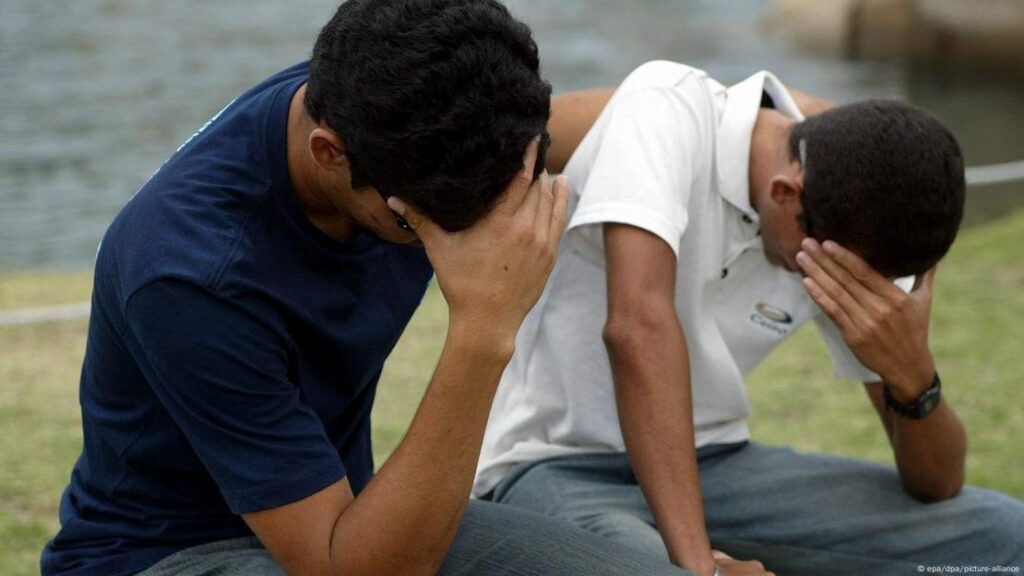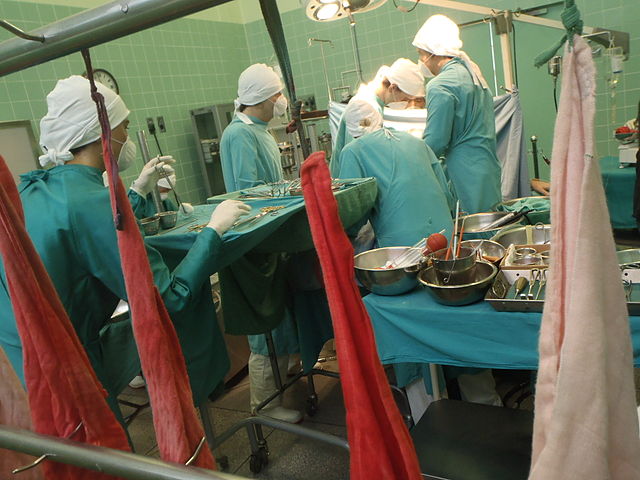Legal professionals and international watchdogs are sounding the alarm over a growing illegal organ trafficking industry in Africa.
Human rights advocates are warning that impoverished individuals are being targeted and exploited to fuel a multi-billion-dollar underground market.
According to a 2018 investigation by Deutsche Welle (DW), Nigerian human rights lawyer Frank Tietie described the trade as an “epidemic” that has been met with public silence.
“You would have expected a higher level of public condemnation,” Tietie told DW, “but that’s not the case.”
A Global Financial Integrity (GFI) report estimates that $840 million to $1.7 billion is generated annually from trafficking in persons for the purpose of organ removal, often called transplant tourism.
Despite laws across African nations prohibiting the sale of human organs, enforcement remains weak, and the legal framework fragmented.
From Desperation to Exploitation
In Kenya, hospitals have been forced to issue public denials after receiving thousands of social media inquiries from individuals offering to sell their kidneys. Kenyatta National Hospital posted on Facebook in 2022: “We Don’t Buy Kidneys!” after being inundated with “How much for my kidney?” messages.
Dr. Willis Okumu, a senior researcher at the Institute for Security Studies, investigated the trade in Eldoret, a city in western Kenya. He found that young men, often in their 20s, were willingly selling their kidneys for “quick cash,” reportedly receiving offers of up to $6,000—a fraction of what recipients often pay, which can exceed $150,000.
Yet, these sellers rarely received the promised amounts. Instead, Okumu documented cases of young men returning with visible surgical scars, new motorbikes, or hastily built homes. Many later became recruiters, expanding the organ black market further.

Legal and Ethical Concerns
The sale of organs without informed consent violates not only medical ethics but also several international legal instruments, including the UN Protocol to Prevent, Suppress and Punish Trafficking in Persons.
The United Nations Office on Drugs and Crime (UNODC) has consistently flagged the issue, particularly where organs flow from poor individuals in developing nations to wealthy patients, often from abroad. In such cases, trafficking victims are exploited not just for labor or sex, but also for their body parts.
Frank Tietie expressed additional concern about “baby factories” in Nigeria being targeted by organ traffickers, suggesting a disturbing convergence between human trafficking and organ harvesting. He also criticized elite hospitals for allegedly facilitating illegal transplants for wealthy patients.
“What happens when doctors in exclusive hospitals in Abuja or Lagos tell their rich clients not to worry—they’ll arrange for a poor trading boy to sell his organs?” Tietie asked.
Global and Legal Precedents
In a groundbreaking ruling last year, a UK jury convicted Nigerian Senator Ike Ekweremadu, his wife, and a doctor under the UK’s Modern Slavery Act for conspiring to exploit a young man for his kidney. The verdict marked the first time the UK used its anti-slavery laws to prosecute an organ-harvesting plot.
The case illustrated the international dimensions of organ trafficking, with some African victims allegedly trafficked across borders, where they are coerced or manipulated into selling organs under false pretenses or dire financial need.
Medical institutions and governments face mounting pressure to increase oversight, improve transplant infrastructure, and protect vulnerable populations from exploitation.

